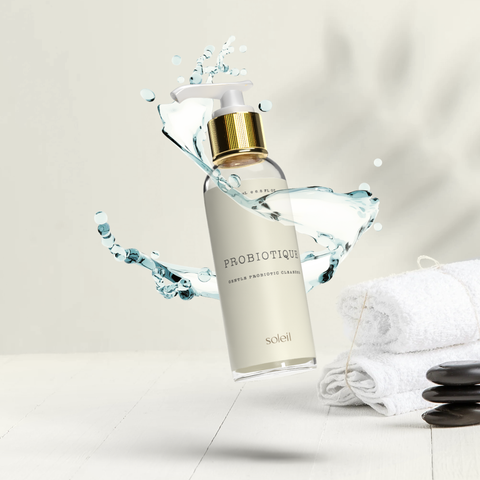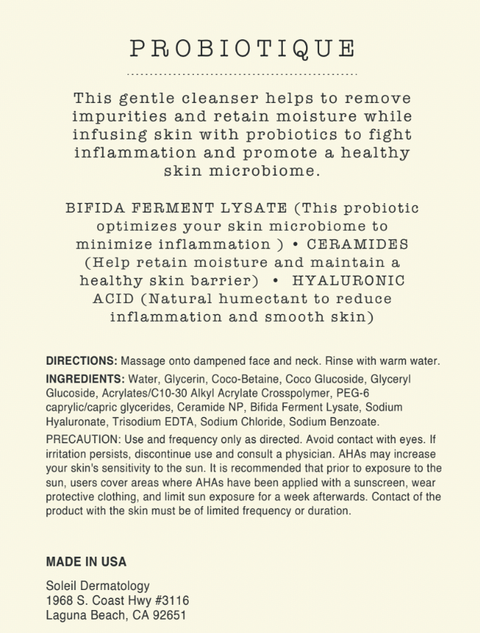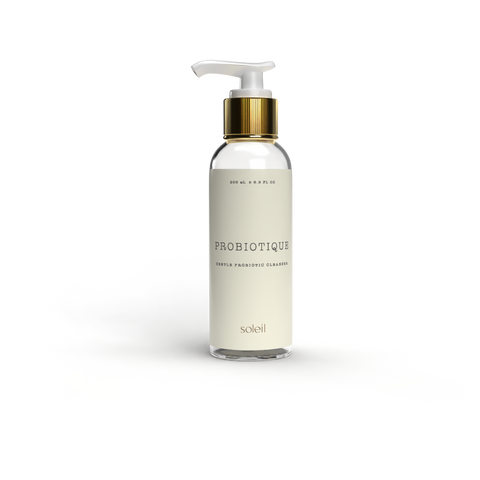The Link Between Low Vitamin D Levels and Acne: What the Research Says
Acne is one of the most common skin conditions worldwide, affecting individuals of all ages. While its causes are multifaceted, ranging from hormonal imbalances to genetics, recent research has pointed to a surprising potential factor: vitamin D deficiency. This article explores the relationship between vitamin D levels and acne, supported by scientific studies.
What Is Vitamin D and Why Is It Important for Skin?
Vitamin D, often called the "sunshine vitamin," is crucial for overall health, particularly for bone health, immune function, and inflammation regulation. For the skin, vitamin D plays a significant role in:
- Regulating sebaceous gland activity: Overproduction of sebum is a key contributor to acne.
- Modulating inflammation: Acne is largely an inflammatory condition, and vitamin D has anti-inflammatory properties.
- Enhancing immune function: It helps the skin defend against bacteria like Cutibacterium acnes (formerly Propionibacterium acnes), which exacerbate acne.
Research Linking Vitamin D Deficiency and Acne
1. Prevalence of Vitamin D Deficiency in Acne Patients
A 2016 study published in PLOS One compared vitamin D levels in individuals with and without acne. Researchers found that 48.8% of participants with acne were deficient in vitamin D, compared to only 22.5% of those without acne. The study also noted that acne severity correlated with the degree of vitamin D deficiency. (Source)
2. Anti-Inflammatory Effects of Vitamin D
Vitamin D has been shown to reduce levels of inflammatory cytokines, which are elevated in acne-prone skin. A 2014 study in Dermato-Endocrinology demonstrated that vitamin D supplementation helped decrease inflammation markers in the skin, potentially reducing acne lesions. (Source)
3. Role in Immune Regulation
The immune-modulating effects of vitamin D are critical for controlling bacterial growth. Cutibacterium acnes, the bacteria linked to acne, thrives in clogged pores. Vitamin D helps the skin’s immune cells combat this bacteria more effectively, preventing infection and inflammation.
4. Improvement in Acne with Supplementation
In a 2014 clinical trial, researchers found that acne patients with vitamin D deficiency who received supplementation for eight weeks experienced significant improvement in their acne severity scores. This suggests that addressing a deficiency may have therapeutic benefits for acne sufferers. (Source)
How Vitamin D Deficiency Contributes to Acne
- Increased Sebum Production: Low levels of vitamin D may lead to higher androgen activity, causing the sebaceous glands to overproduce oil, which clogs pores.
- Exacerbated Inflammation: Without sufficient vitamin D, the body may have a heightened inflammatory response, worsening acne lesions.
- Weakened Skin Immunity: Deficiency can impair the skin’s ability to fight bacteria and heal wounds, prolonging acne breakouts and increasing the risk of scarring.
Who Is at Risk for Vitamin D Deficiency?
Certain groups are more prone to low vitamin D levels, including:
- Individuals with limited sun exposure (e.g., those living in northern climates or working indoors).
- People with darker skin tones, as melanin reduces the skin’s ability to produce vitamin D.
- Those with conditions like PCOS or insulin resistance, which are often linked to both acne and low vitamin D.
How to Address Vitamin D Deficiency for Acne Management
- Get Tested: If you suspect a deficiency, a simple blood test can measure your vitamin D levels.
- Sun Exposure: Aim for 10-30 minutes of sun exposure on bare skin a few times a week, depending on your skin tone and location.
- Dietary Sources: Include vitamin D-rich foods like fatty fish, egg yolks, and fortified products in your diet.
- Supplements: Vitamin D3 supplements are effective for raising blood levels. Consult with a healthcare provider for appropriate dosage.
Conclusion
Emerging research highlights a compelling link between low vitamin D levels and acne, suggesting that deficiency may exacerbate inflammation, sebum production, and bacterial overgrowth. While vitamin D is not a standalone cure for acne, maintaining optimal levels could play a supportive role in managing breakouts and improving overall skin health.
If you’re struggling with persistent acne, consider discussing your vitamin D status with a dermatologist or healthcare provider. Balancing your vitamin D levels might be a simple yet impactful step toward clearer, healthier skin.







